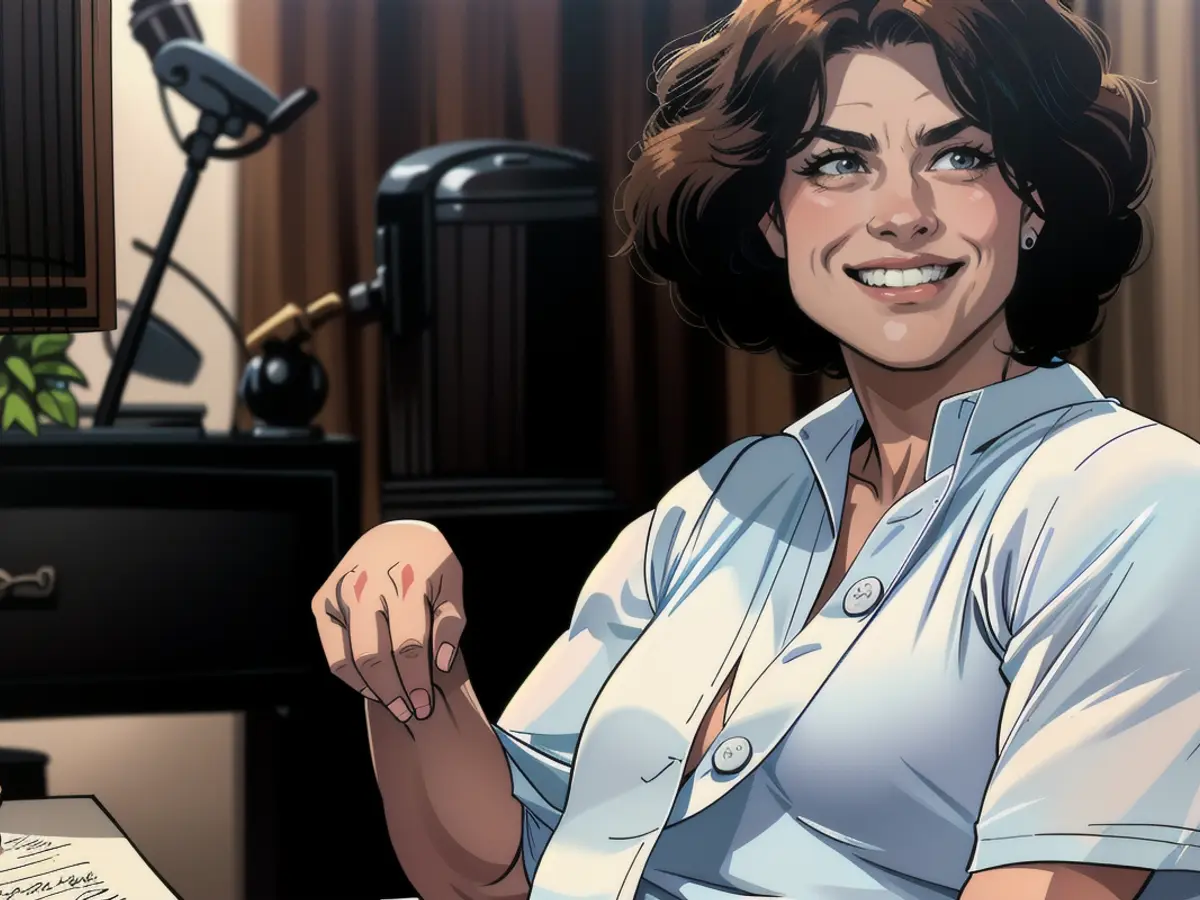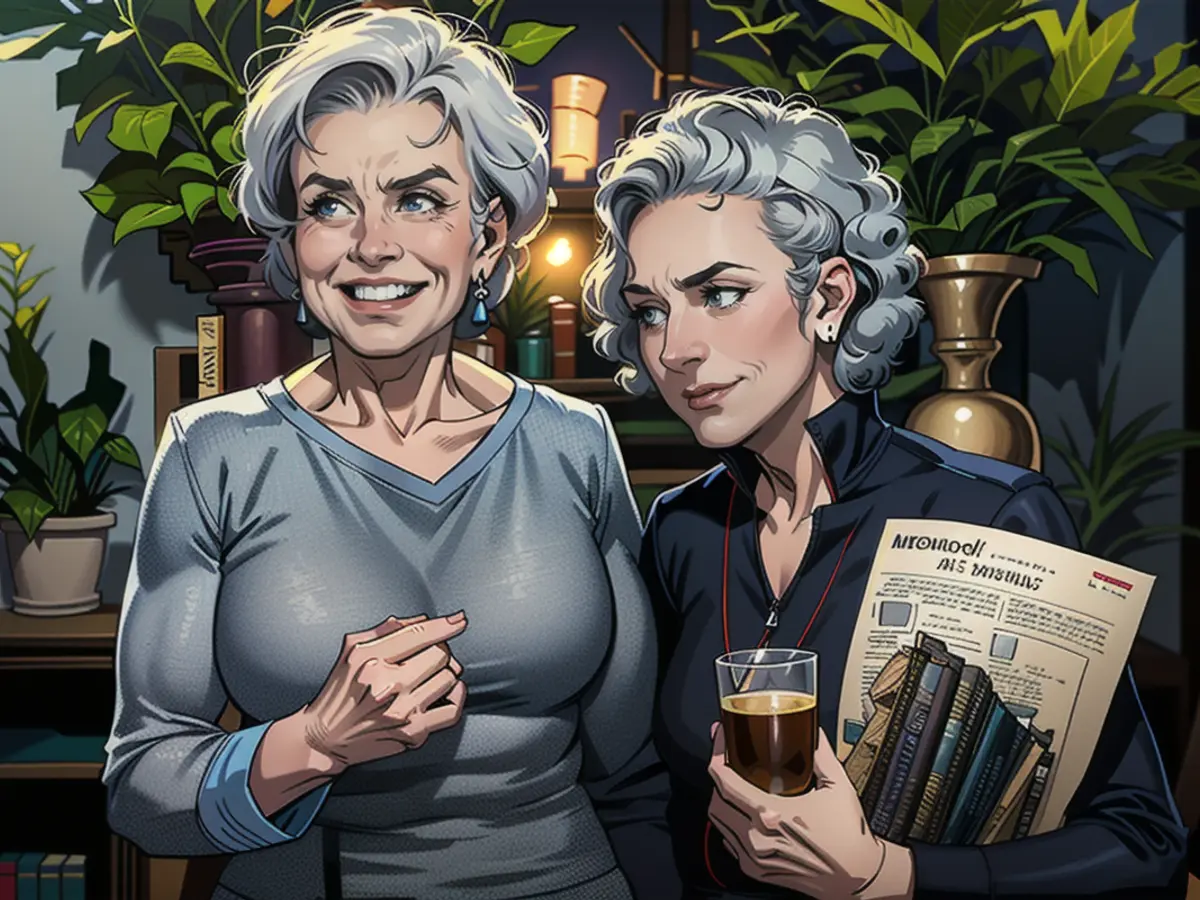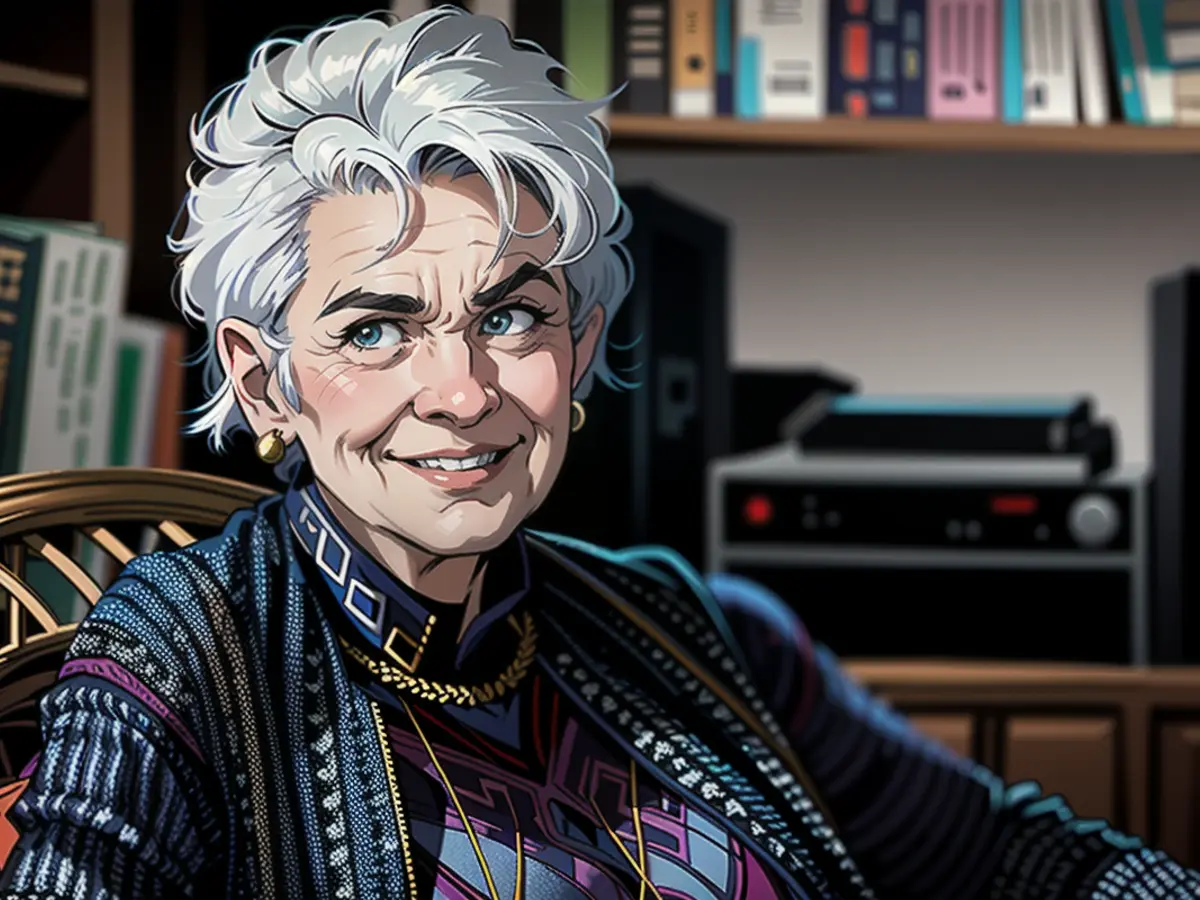Alice Munro, renowned author and recipient of the 2013 Nobel Prize in Literature, passes away at 92 years old.
Alice Munro, born in 1931 in Wingham, Ontario, grew up on a struggling fox and mink farm just beyond the seediest part of town. In an interview with "The Paris Review" in 1994, she described her childhood and escape through reading. Fascinated by authors like Emily Bronte, Charles Dickens, and Lucy Maud Montgomery, Munro saw literature as magic, claiming it was more important than life itself.
In an interview with the Guardian, she reminisced about these early reads and said, "I wanted to be part of the magic." Munro excelled in high school, graduating as valedictorian while receiving a two-year scholarship to attend the University of Western Ontario, where she studied journalism before switching to English. Despite the scholarship being her lifeline, financial hardships led her to work as a tobacco picker, a library clerk, and even sell her blood between studies.
After completing her education, she married fellow student James Munro and they had three children in short succession; however, their middle child, Catherine, died shortly after she was born due to kidney complications. This tragedy sparked Munro's talent for writing about rural life in small towns.
Munro found herself inspired by authors like Eudora Welty, Flannery O'Connor, and Carson McCullers. She immersed herself in their work, validating her wish to write about rural communities. Facing a crippling writer's block in her twenties, Munro turned to motherhood to overcome it, as dedication to family forced her to write in short spurts, crafting stories while her children napped.
Her big break came in 1968 with her debut short story collection, "Dance of the Happy Shades." This book of 15 early tales earned her Canada's esteemed Governor General's Award for Fiction in the same year, setting the tone for her writing career. Munro enjoyed critical acclaim for the way her stories provided glimpses into everyday human life in rural communities, revealing the inner workings of people in small towns.
Munro has published 14 short story collections in total, regularly contributing to literary magazines such as "The New Yorker" and "Tamarack Review." Her later collections, "The Moons of Jupiter" and "The Progress of Love," incorporated unique narrative structures, demonstrating experimentation and dedication to the art of storytelling.

To this day, Munro is known for her diligence in editing and revising her work, both long after its original publication and up to her death. Several of her short stories have been adapted for film, including the 1983 Academy Award-winning short "Boys and Girls" and the 2006 Academy Award-nominated film "Away from Her."
In 2009, Munro revealed she had been treated for cancer and had undergone coronary bypass surgery. Three years later, she published her final short story collection, "Dear Life," which presented a bleaker view of her upbringing, but served as a fitting conclusion for her life's work, concentrating on womanhood in small towns.
Munro's writing has been widely praised by fellow writers and critics, with literary critic James Wood declaring her the "Chekhov of our times," comparing her work to that of the renowned Russian short story author, while her Canadian counterpart, Margaret Atwood, lauded her "international literary sainthood."
In 2013, Munro was awarded the Nobel Prize in Literature, a fitting end to a legacy spanning seven decades. The Nobel Committee praised her as "a master of the modern short story," acknowledging her ability to touch readers' hearts with just a few words. In her Nobel Lecture, she said, "I want my stories to move people. Everything the story tells should make you feel you are a different person when you finish."

Read also:
- Caught up in the present: the end of "The Crown"
- Through New Year's Eve with TV shows
- What's next for the series hits?
- Which shows will be on?
In her Nobel Lecture, Alice Munro discussed her desire for her stories to influence readers, stating, "I want my stories to move people. Everything the story tells should make you feel you are a different person when you finish." Her body of work, spanning over seven decades, showcased a mastery of the short story form, with a focus on style and narrative techniques drawn from various arts.
Source: edition.cnn.com








